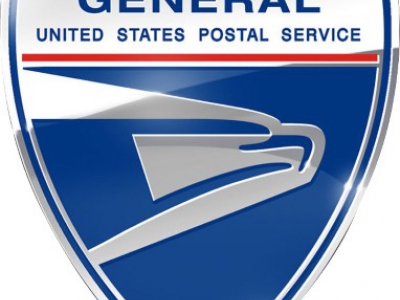Guardtime, a cyber security company providing cryptographic solutions for various industries through a unique blockchain system, has recently announced its plans to develop a security infrastructure for UK nuclear power plants, flood defence systems and electricity distribution grids.
Guardtime will work in partnership with Future Cities Catapult, a UK-based centre of excellence for smart city innovation, wrote the company in its blog on 14 December.
The blockchain employed by Guardtime differs from blockchains used in cryptocurrencies. It is based on the Keyless Signature Infrastructure (KSI) technology. It doesn’t require the proof-of-work verification method. Instead, it works with hash cryptography. KSI relies on the integrity of a hash function to guarantee the integrity of the data.
According to the company’s website, this system allows to verify three properties of the data. Time: the system knows when the data was signed. Integrity: whether the underlying data has changed. Order: which data was signed in which order.
Unlike the bitcoin blockchain, the KSI blockchain doesn’t grow linearly with the number of transactions. It grows linearly with time, regardless the number of transactions.
The number of participants of the KSI consensus protocol is limited, which means that consensus may be achieved in sync. And the synchronised consensus mechanism makes the system more scalable and flexible, allowing its application to various purposes. This scalability gives KSI an advantage compared to cryptocurrency blockchains, says Guardtime’s business development chief Jamie Steiner quoted by the International Business Times.
Andrew Levich

















